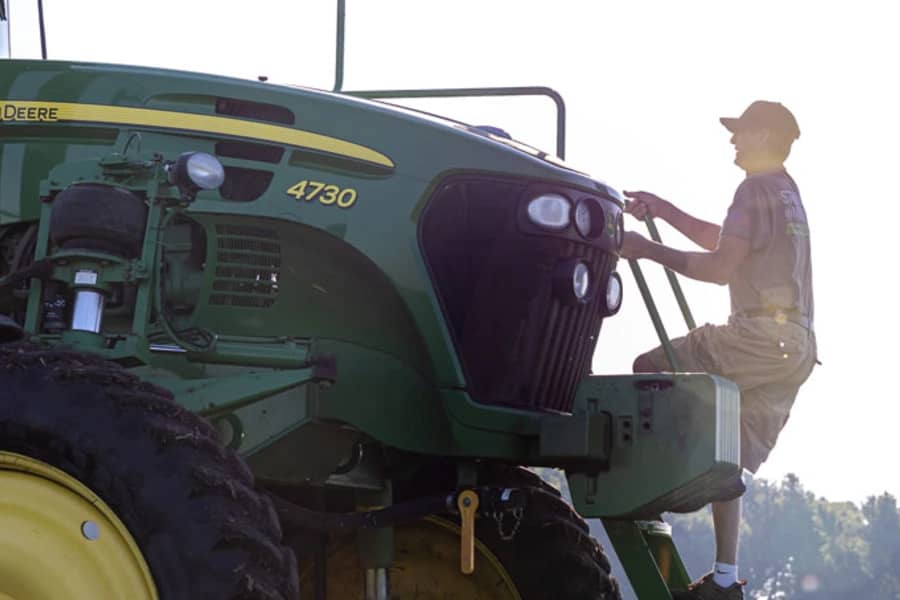Client: Farmers Business Network
This blog post pulled back the curtain on the creation of FBN’s The State of Agriculture Report and the impact of geopolitical events on its content.
This marked the first time FBN addressed the broad topic of agriculture in a comprehensive report. Kevin McNew, former Chief Economist at FBN and one of the report’s authors helped shed light on the original conception, the importance of the report for farmers making informed decisions, and the unforeseen influence of the war in Ukraine on agricultural dynamics.
The blog outlines how the report initially aimed to address rising costs tied to supply chain logistics and energy prices but took an unexpected turn due to geopolitical shifts. McNew discusses farmers’ fears of commodity price collapse and the necessity of providing truthful insights amid uncertainties.
It also details how the state of agriculture changed overnight with the war in Ukraine, affecting grain prices and market dynamics. McNew reveals the deeper context around global wheat trade, highlighting potential geopolitical instability in North Africa and the Middle East due to rising food prices.
The post concludes with McNew’s key message for farmers to proactively lock in input costs, emphasizing the importance of securing inputs for the growing season and looking beyond short-term challenges.
“After the report was released, McNew started to see other factors at play that could have global implications.
He and his team started to see a deeper context around the fact that 30% of global wheat trade is Russian. One of the strategic areas McNew is keeping a close eye on is North Africa as bushels of wheat make their way into lesser developed areas of the continent that are highly sensitive to escalating food prices. North Africa’s reliance on both Ukrainian and Russian wheat could make the region a volatile powder keg as food becomes a political lever.

